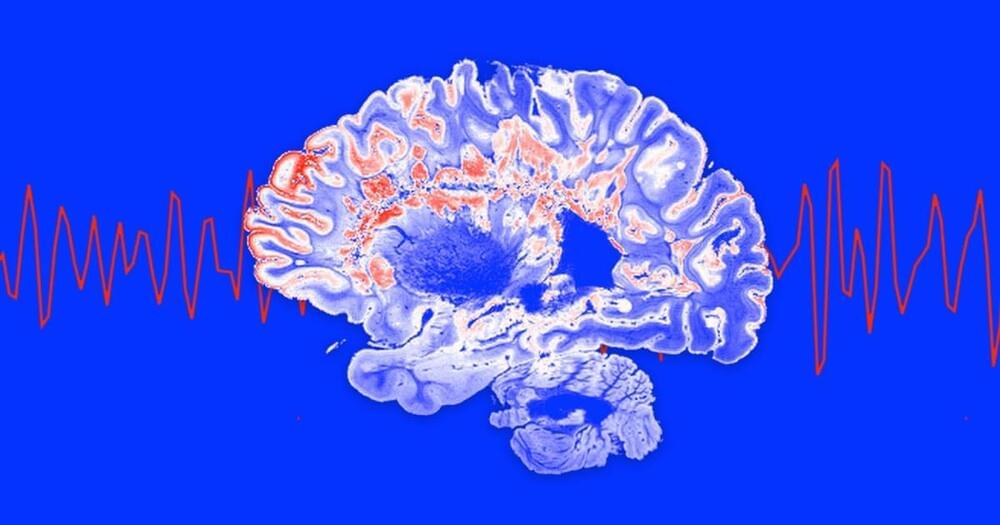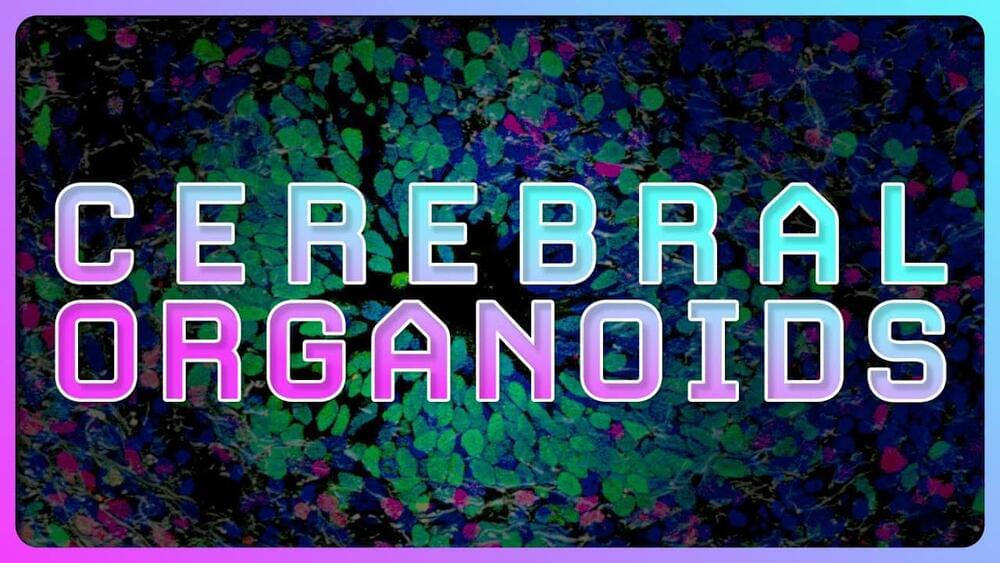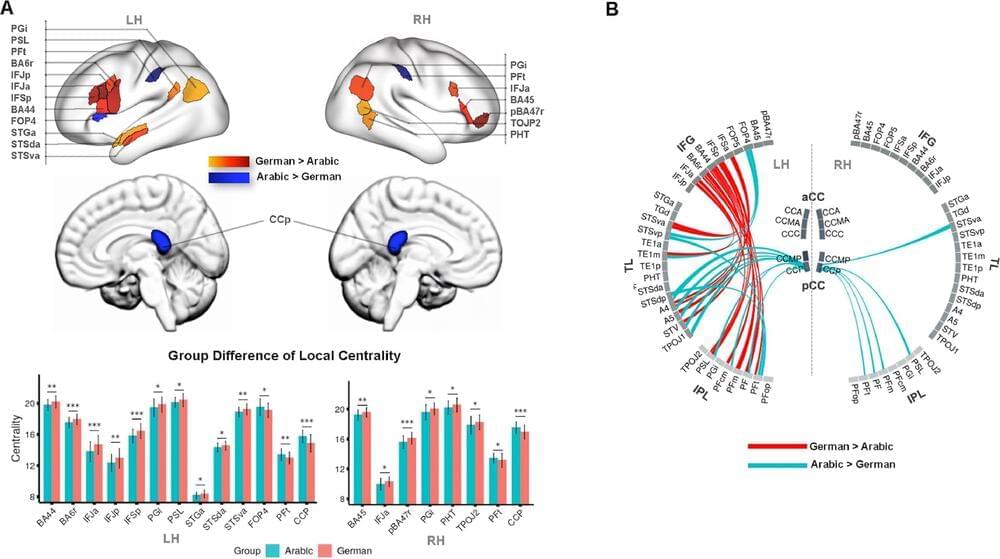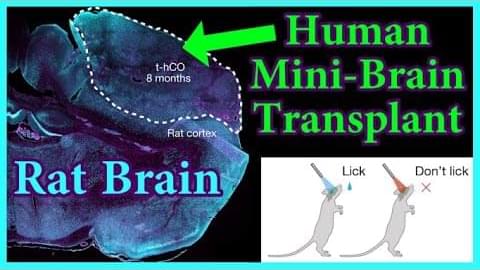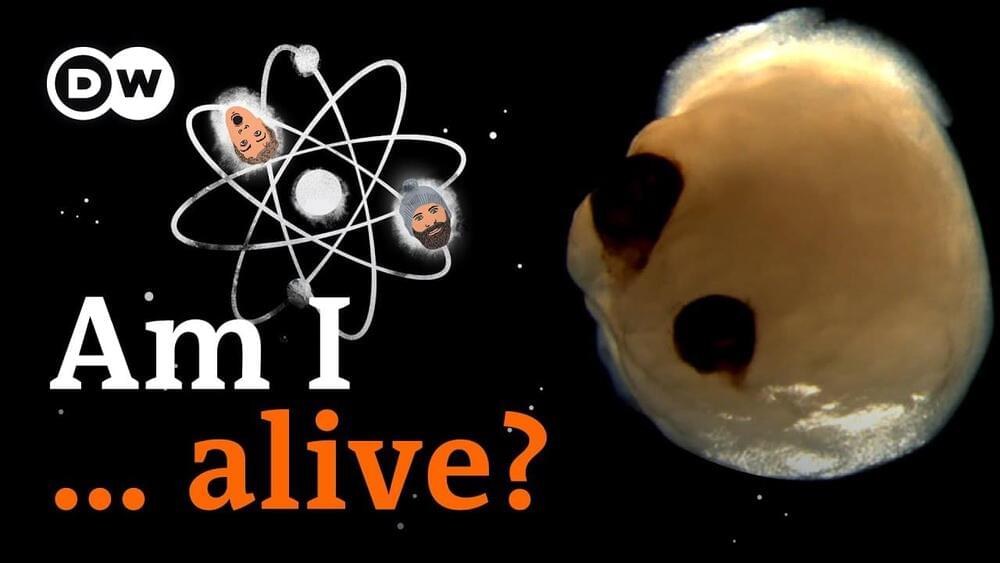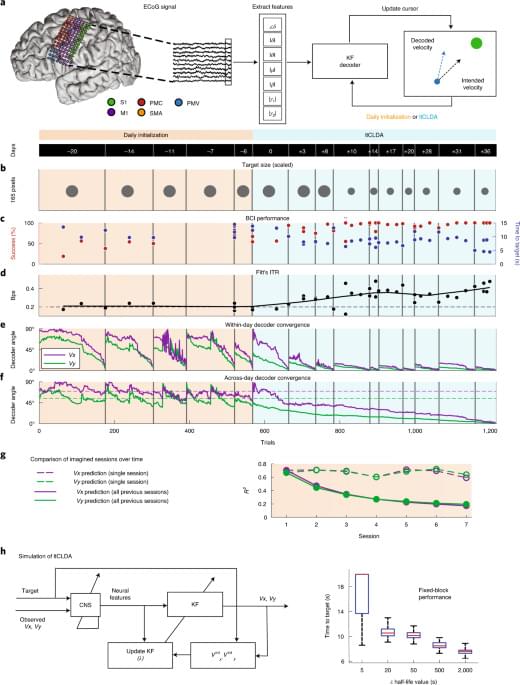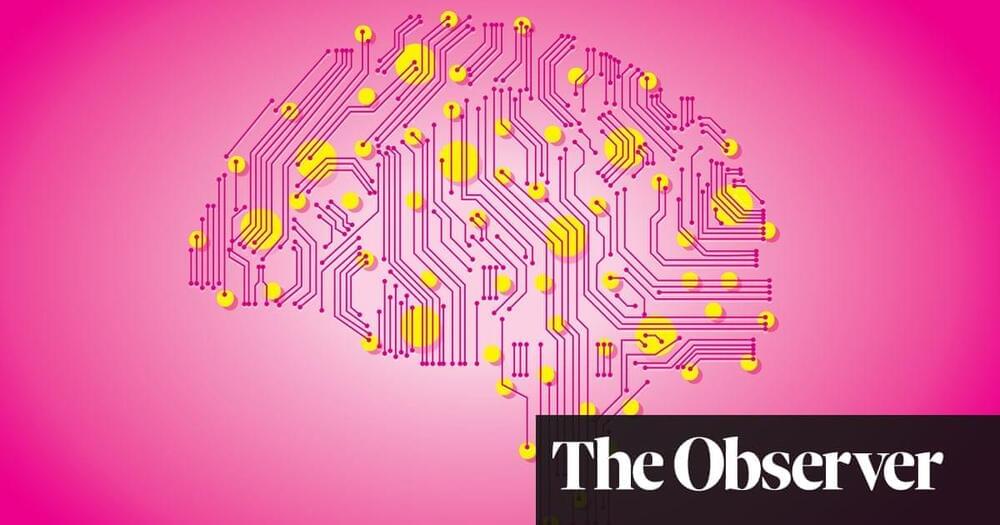Mar 23, 2023
MIT is testing light and sound to combat Alzheimer’s
Posted by Dan Breeden in categories: biotech/medical, neuroscience
Our brains aren’t limited to producing just one type of brain wave at a time, but usually, one type is dominant, and the type it is can often be linked to your level of alertness: delta waves may dominate when you sleep, while gamma waves might dominate when you concentrate intensely.
The idea: Researchers have previously observed that people with Alzheimer’s — a devastating neurological disease affecting more than 6 million people in the US alone — may have weaker and less in-sync gamma waves than people who don’t have the disease.
Continue reading “MIT is testing light and sound to combat Alzheimer’s” »
